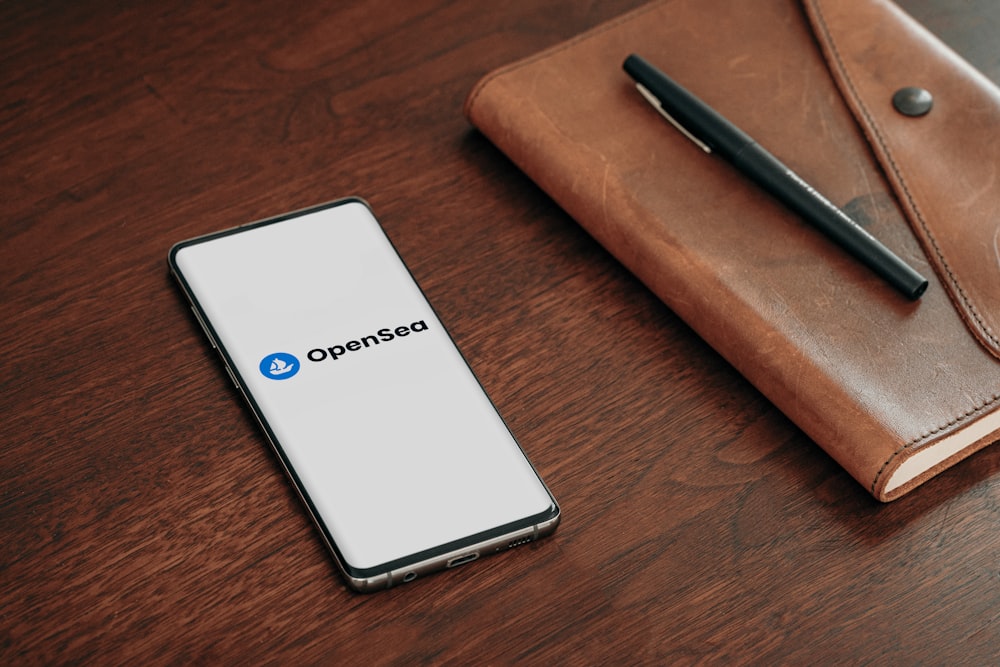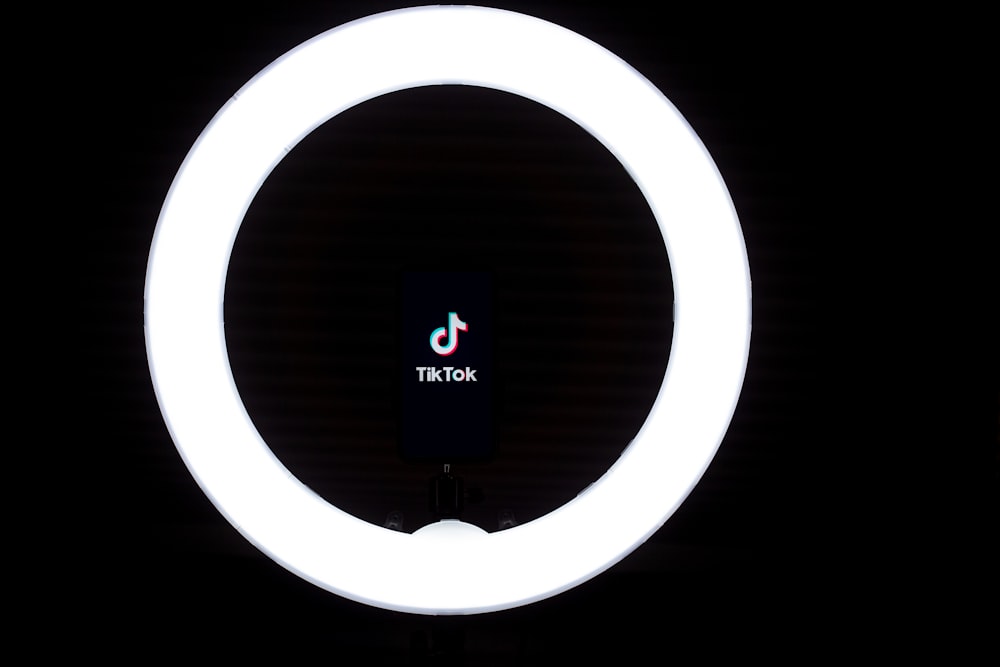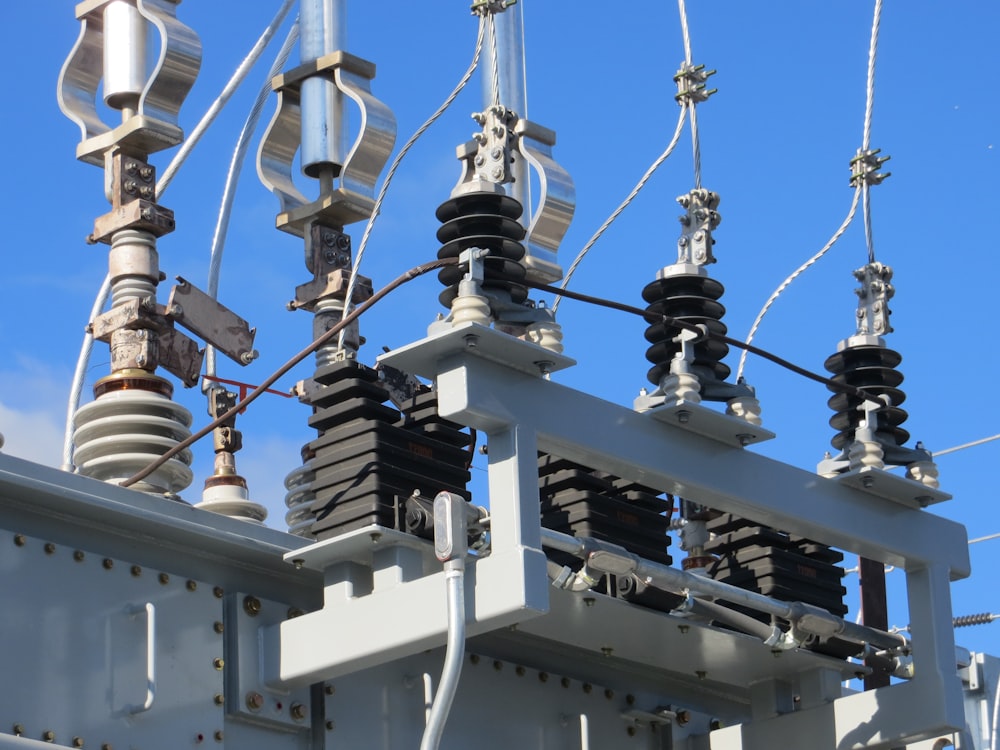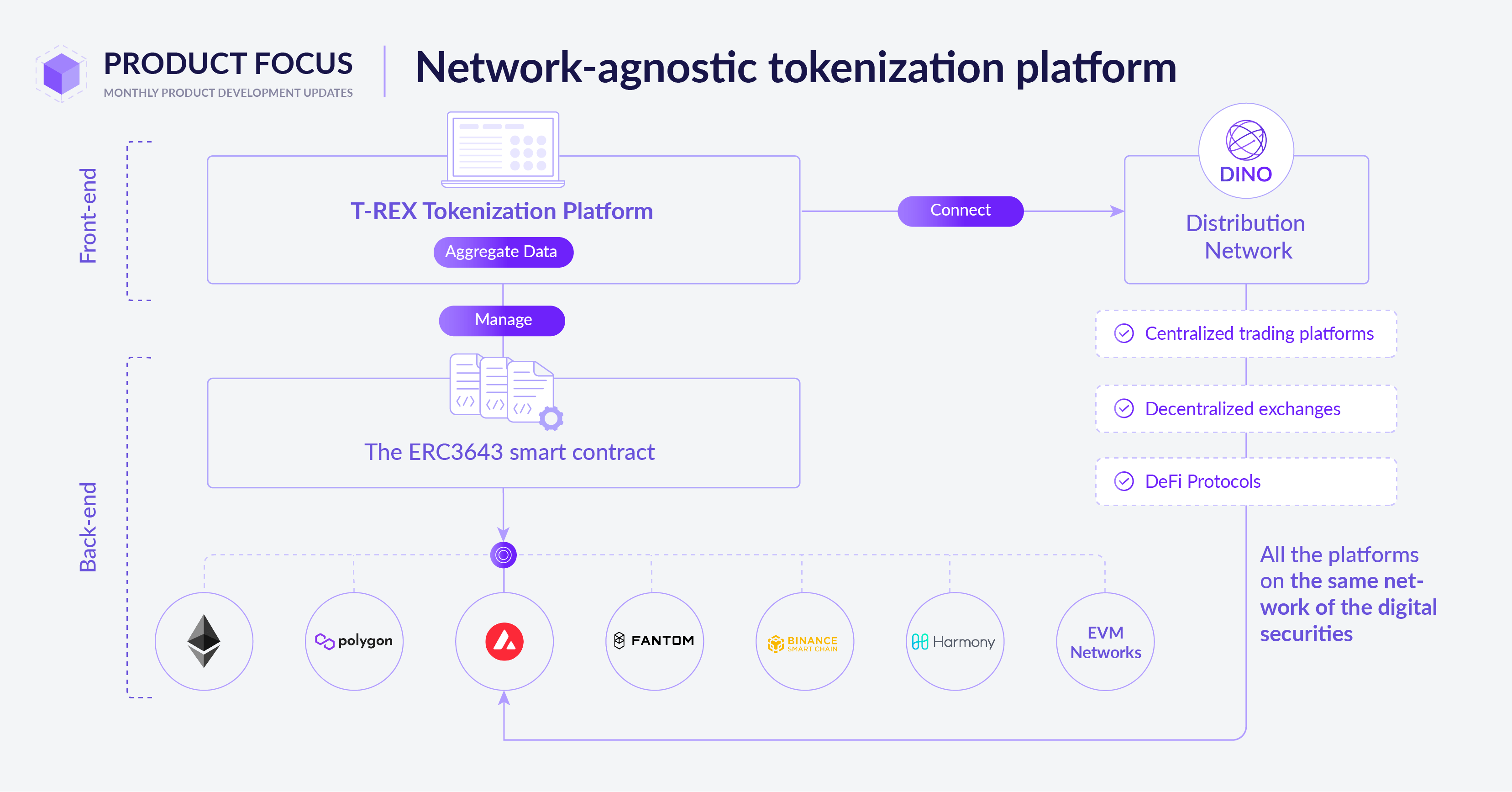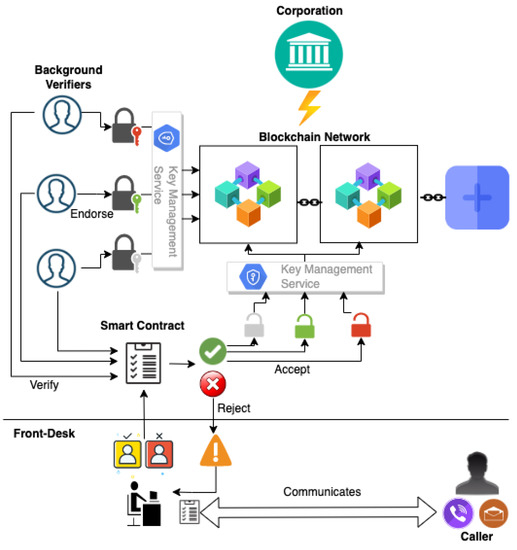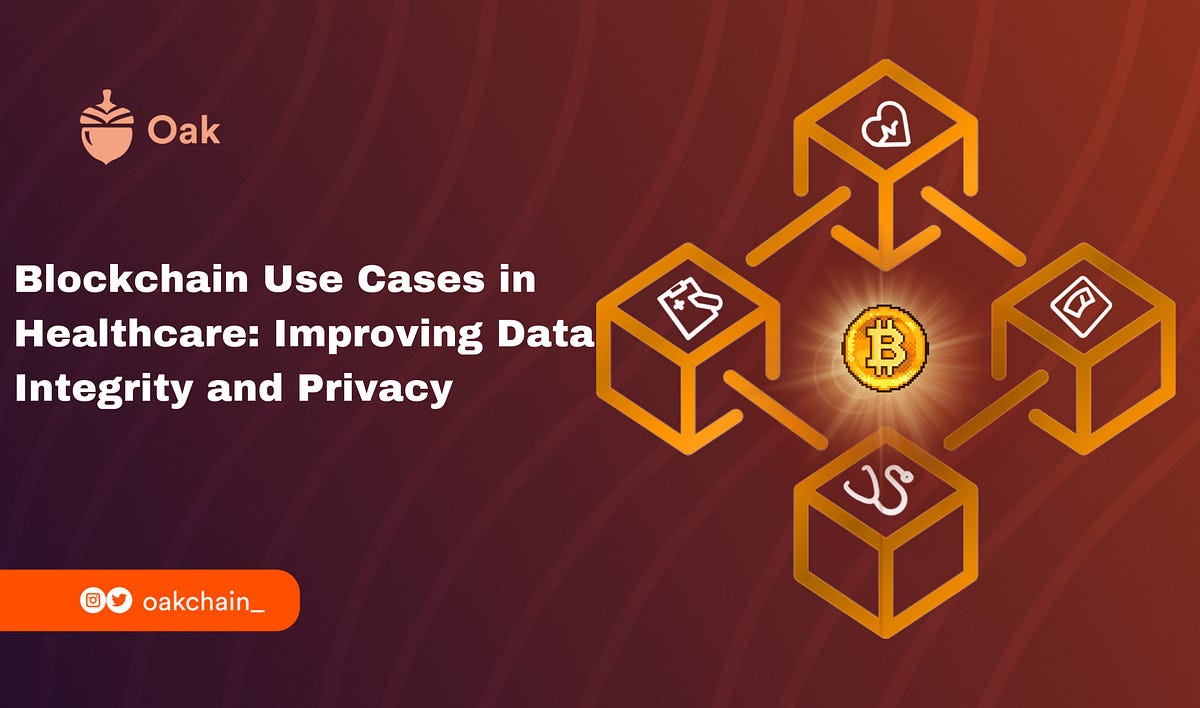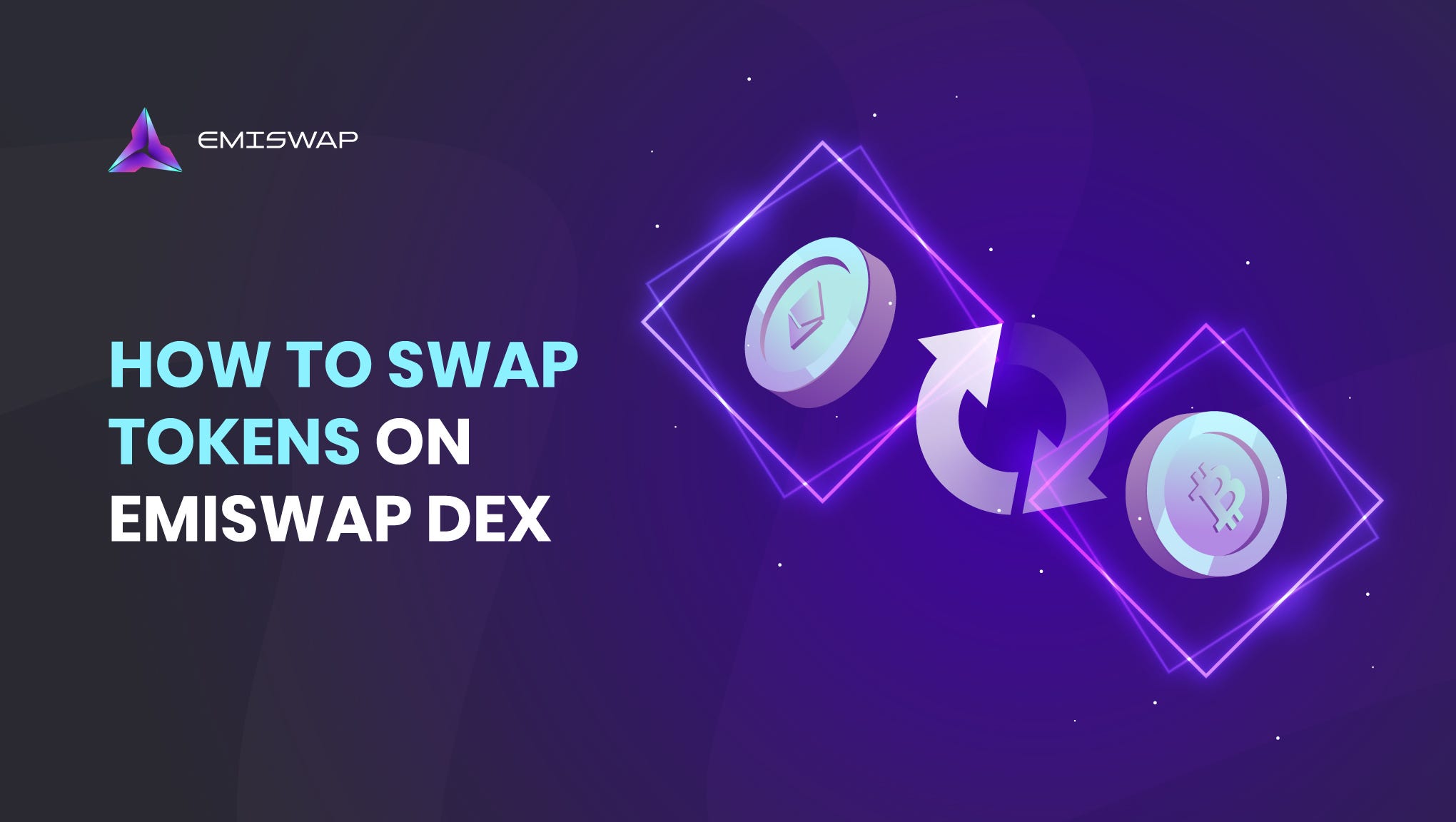
Navigating the Landscape: Blockchain Interoperability Standards
The blockchain ecosystem, with its decentralized and distributed nature, has revolutionized various industries. However, the lack of interoperability among different blockchain networks poses challenges for seamless collaboration. In this article, we explore the importance of blockchain interoperability standards in fostering a more connected and efficient decentralized world.
Understanding the Need for Interoperability
As blockchain networks proliferate, each with its unique protocols and consensus mechanisms, the need for interoperability becomes evident. Without standardized communication protocols, these networks operate in silos, hindering the potential for collaboration and data exchange. Blockchain interoperability is the key to breaking down these barriers and creating a more interconnected blockchain ecosystem.
The Role of Blockchain Interoperability Standards
Blockchain interoperability standards serve as a set of guidelines and protocols that enable different blockchain networks to communicate and share information seamlessly. These standards define how data is formatted, transmitted, and verified across diverse blockchain platforms. By adhering to these standards, developers ensure that their blockchain applications can interact with various networks, promoting a more integrated and collaborative blockchain landscape.
Challenges in Achieving Interoperability
While the concept of interoperability is crucial for the advancement of blockchain technology, implementing effective standards comes with its challenges. Blockchain networks often differ in terms of consensus mechanisms, smart contract languages, and security models. Harmonizing these diverse elements to create universally accepted standards requires concerted efforts from the blockchain community.
Consensus Mechanisms: A Major Hurdle
One of the primary challenges in establishing interoperability standards lies in the variation of consensus mechanisms employed by different blockchain networks. Achieving consensus is fundamental to the functioning of a blockchain, and diverse mechanisms, such as Proof of Work (PoW) and Proof of Stake (PoS), introduce complexities in standardization. Overcoming these differences is essential for creating a cohesive interoperability framework.
Smart Contract Languages and Their Impact
Smart contracts, self-executing contracts with the terms of the agreement directly written into code, are a cornerstone of blockchain applications. However, the languages used to write smart contracts vary between different blockchain platforms. Interoperability standards must address these language differences to facilitate the seamless execution of smart contracts across diverse networks.
Security Considerations in Interoperability
Ensuring the security of data and transactions is paramount in the blockchain space. When establishing interoperability standards, addressing potential security vulnerabilities is crucial. The standards must encompass robust encryption methods, secure data transmission protocols, and mechanisms to authenticate and authorize transactions across interconnected networks.
Progress in Blockchain Interoperability Standards
Despite the challenges, the blockchain community has made significant strides in developing interoperability standards. Initiatives such as the Interledger Protocol (ILP) and the Blockchain Interoperability Alliance aim to create open standards for cross-blockchain communication. These efforts signify a collective commitment to overcoming challenges and realizing the full potential of blockchain technology.
The Future Outlook
As blockchain interoperability standards continue to evolve, the future holds promise for a more interconnected and collaborative decentralized landscape. The ongoing collaboration among blockchain developers, industry leaders, and standardization bodies paves the way for a future where different blockchain networks seamlessly communicate and share data, fostering innovation and efficiency.
To delve deeper into the world of Blockchain interoperability standards and their impact on decentralized ecosystems, visit www.itcertswin.com. Discover how these standards are shaping the future of blockchain technology.











